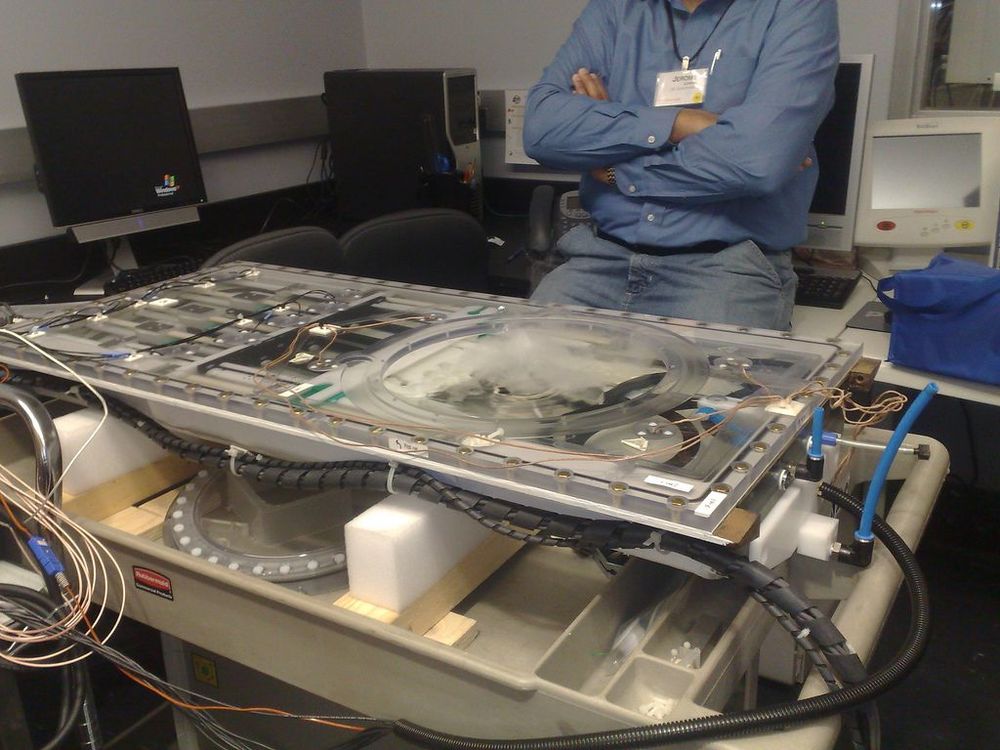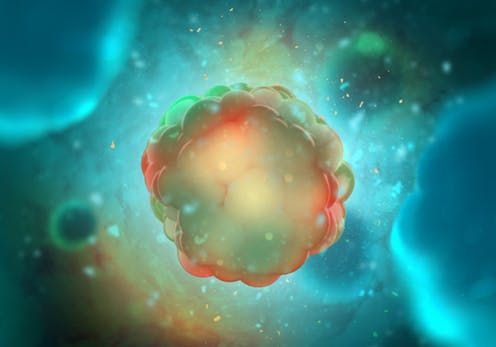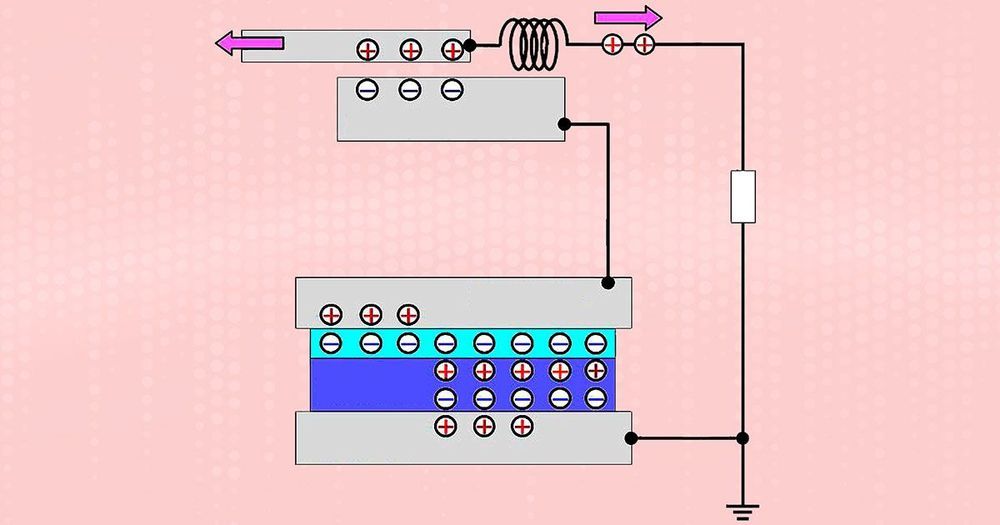Feb 6, 2019
Scientists have discovered a way to destroy cancer tumors using nothing but sound waves
Posted by Quinn Sena in categories: biotech/medical, innovation
(Natural News) A recent breakthrough in high-intensity focused ultrasound therapy (HIFU) technology has proven its use as an effective cancer treatment. A multi-institutional research team from China developed a semi-enclosed, spherical cavity transducer that can produce a focused, standing-wave field with a subwavelength-scale focal region and extremely high ultrasound intensity. The spherical cavity transducer appeared to generate tighter focal regions and greater pressure amplitude compared with the traditional concave spherical transducer. Researchers said the level of intensity generated by the new transducer design may lead to significant improvements in HIFU therapy. The findings were published in the Journal of Applied Physics.
HIFU is a non-invasive, targeted treatment that makes use of sound waves to eradicate cancer cells. HIFU uses an ultrasonic transducer to convert electrical signals into sound waves, then concentrates ultrasound into a small focal region to raise the temperature to more than 65 decrees Celsius, thereby killing cancer cells in the process without inducing damage to surrounding tissues. The technique works in the same manner as focusing sunlight through a lens, which helps eliminate the disease-causing cells.
HIFU can be used as an alternative to traditional cancer treatments such as chemotherapy and surgery.


















